When your cat is eliminating outside the
box
In adult cats that are already litter box trained, elimination outside the box can indicate stress or an illness. Cats may urinate beside the box, on a nearby rug, in the middle of the bed, on a couch cushion, on a pile of dirty laundry and any number of other places when they have a urinary tract illness or stressors are present in the household.
People have even reported that their cat urinated in the bathroom sink or on top of the stove! We don't really know why they urinate in such strange places; possibly it's a message to us that something is wrong or that they don't feel well.
It is vital to determine if the cat is healthy before trying to correct elimination behavior problems. If the cat has an infection, they may stop eliminating outside the box, once the cat is treated.
**If your cat is eliminating outside of the litter box, call your veterinarian for an appointment right away. Do NOT wait for several weeks. Cats are very good at hiding illness and you may not have seen earlier signs. Male cats can block up quickly with urinary tract disease, leading to expensive and possibly deadly results if left untreated.
There are a few questions to ask yourself that can help you decide if a trip to the vet is necessary.
Cats can be finicky, have you changed anything about the litter box or its environment? In other words:
- Are there enough boxes for every cat in the house? Got a new cat? Add another box. The rule of thumb is 1 box per cat plus 1.
- Is the box in a quiet location where the cat isn't likely to be disturbed, frightened or harassed by other pets, people, or loud noises? If you got a new cat/kitten, you may need to separate the litter boxes to give them a little peace.
- Are you cleaning the box regularly? This doesn't just mean 'scooping.' If you use clumping litter, the entire box needs to be changed regularly, not just the dirty spots. The litter bags tell you to use 3 inches of litter. I find that it's better to use less and dump it more frequently. However, some cats like deep litter to dig in. Each cat's preference is different and some are pickier than others.
- Have you changed brands of litter, litter box liners, replaced the box with a different style, changed the location of the box or put something new near it? Some cats are finicky, not just in eating habits, but in elimination habits. Try putting things back the way they were, then if you must change things, try to make small changes. For example: Mix the old and new litter for a few weeks, then gradually use less of the old. Make sure the new box is the same size as the old one, etc.
The information above applies to bowel movements made outside the litter box, too. Check that the stool are well-formed and soft, not runny, or too hard. Sometimes long-haired cats will get fecal balls stuck on their coat. Check to see if a little trimming isn't needed.
If your cat is eliminating outside the box, there may be a health issue. Don't wait too long, if cleaning the box doesn't work, call and make an appointment right away. Sometimes cats with urinary infections will stop using the litter box because they are now associating the pain of the infection with the box. Once the infection is treated, moving the box, changing the brand of litter, or replacing the box may help your cat return to using the litter box more quickly.
If you are having problems with inappropriate eliminations, the first step is to rule out any illness. Please contact your veterinarian for an appointment right away.
Check out this document for additional information. If you need to take your cat to the vet, bring the form with you.
If your cat gets a clean bill of health and is still eliminating outside the litterbox, contact us for more information. We do require proof of examination for these cases.
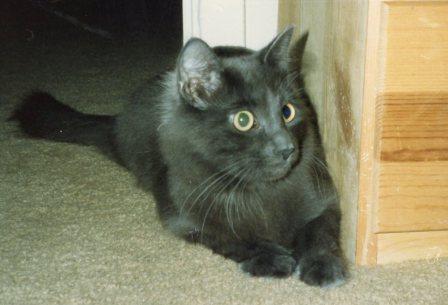



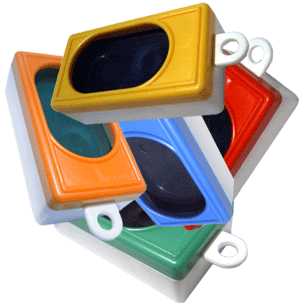
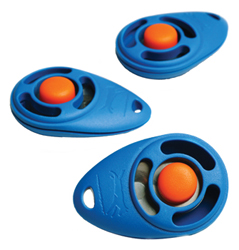


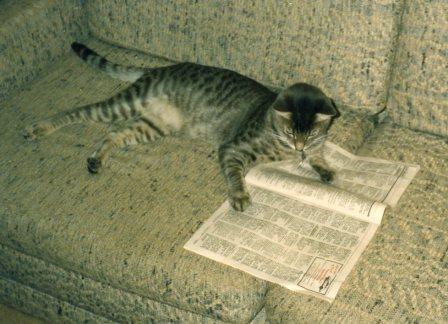
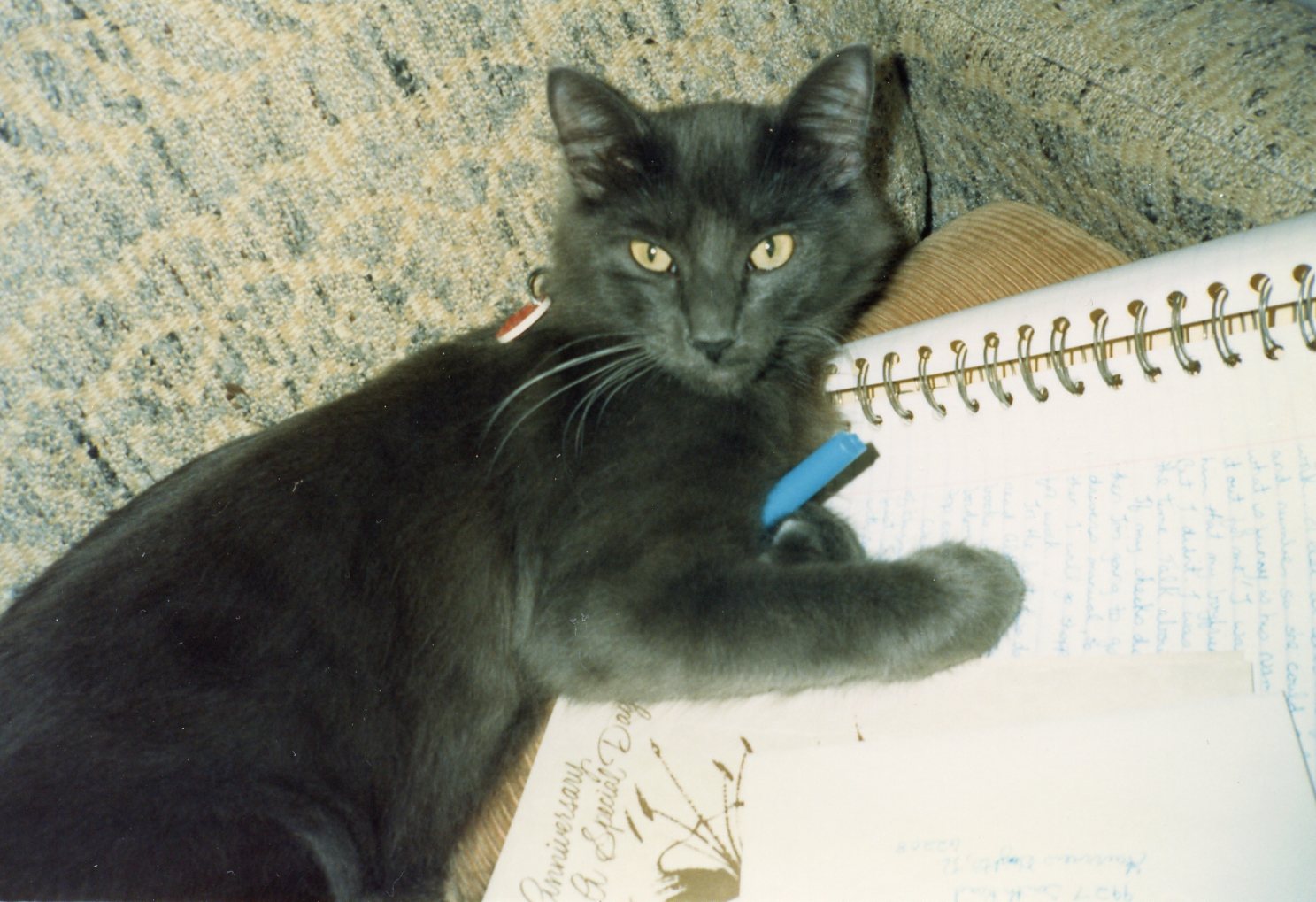

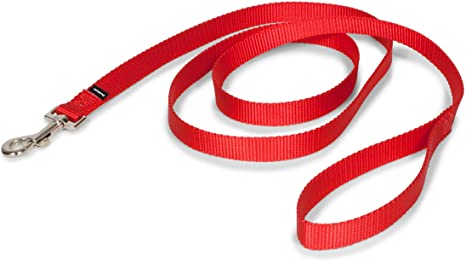
Shouldn't Your Pet Have Pawfect Manners?
You can have a well-behaved pet, let me show you how.
Schedule Your Class!(281) 440-6818
judy.pawfectmanners@gmail.com